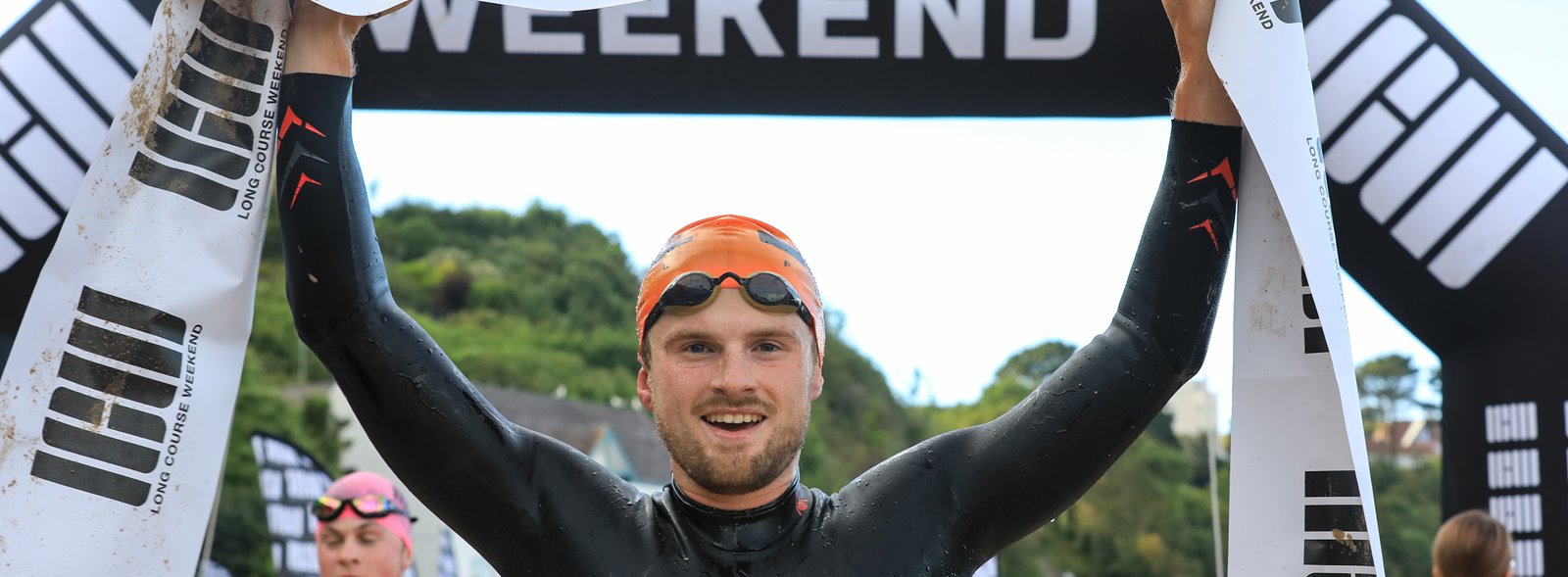5 Things about Swimming I wish I learned sooner
Here are 5 things that people I have coached wish they had learned sooner
Learning to swim is a tough process. We all go through it at our own rates – and it can be difficult to see people start at the same time as us, or even later, and move forward far quicker than we do.
1) Get someone who knows what they are talking about to look at your stroke ASAP.
The sooner you start working on the foundations of your stroke, the faster you will improve. I often get people saying “oh, I’ll do a few swims, then I’ll come and see you for some lessons”. No – I want to see you now! The sooner you get seen, the chances are that you will need fewer sessions as you won’t have bad habits to break. You’ll make gains from the word go and those improvements will compound with interest. And most of all, you’ll likely enjoy it more because you’re not battling with the water.
2) You don’t need to smash up and down all the time.
It can be really disheartening to plough up and down the pool – or slog down one length, rest and repeat. It’s also really boring! And yet the majority of people whether in public sessions or club swims still do it. No matter what you’re ability, or where you are in your swim journey, the sessions you do can be interesting and dare I say it, fun! The best way for improvement in any sport is to vary your intensity, both from session to session, but also set to set. Doing drills means that you can work on your stroke. Swimming easy means you can swim further. Swimming hard/fast can be fun and give a sense of achievement. Of course, you can be more technical than that – but as a ground-rule, that gives you something to work from.
3) Swimming with kit isn’t cheating!
Some people eschew using floats/pull buoys/paddles etc. All the toys can be quite intimidating – or you can believe that they’re only for “good” swimmers. While I would encourage people not to rely on or to swim all the time with the various kit, they can all be useful tools in their own way. The best thing is, you don’t have to know how to use them “properly” either. One of the best things about learning is playing around with kit. The more you learn about how something helps (or doesn’t) your technique, the more you can try and replicate it without using the tools as well. EG using a pull buoy. In most cases, triathletes will swim faster with one than without. The task is then for you to work out why, and how you can swim that fast without the pull buoy.
4) Once a week isn’t really enough!
Swimming is probably the toughest of the 3 tri sports to carve out time for. It’s the only one where you have to leave the house and travel to get to. So when I say swimming once a week isn’t really enough, it always comes with the caveat that it very much depends on what your situation is, and the availability of swimming facilities. The problem that you have, especially as a newer swimmer, is that any and everything that you learn in a swim session needs reinforcement. If you then don’t swim for another week, you’re not quite starting from scratch again, but you are having to work and remind your body what you did the previous time so it can take longer for those skills to sink in, to embed as habits. This isn’t to say that you have to swim for an hour or more at a time every time you go to the pool; you could do 2 or 3 30 minute sessions a week, and the carryover will be a lot stronger because you have that more regular repetition of those pathways.
5) Swimming with other people is good.
Swimming with others can seem daunting, especially when you are new and some of these others seem so experienced. But by swimming around others, you pick up tips and tricks, things to focus on and people to copy/model. Some of these around you might be able to give you some feedback (it’s tough when you can’t see what you’re doing!). Swimming with others also teaches you to slipstream/draft, meaning you can swim a bit quicker for the same/less effort. This is a useful trick to learn for racing – but it’s also great to help you feel what it’s like to travel at a quicker speed, again building good habits.








